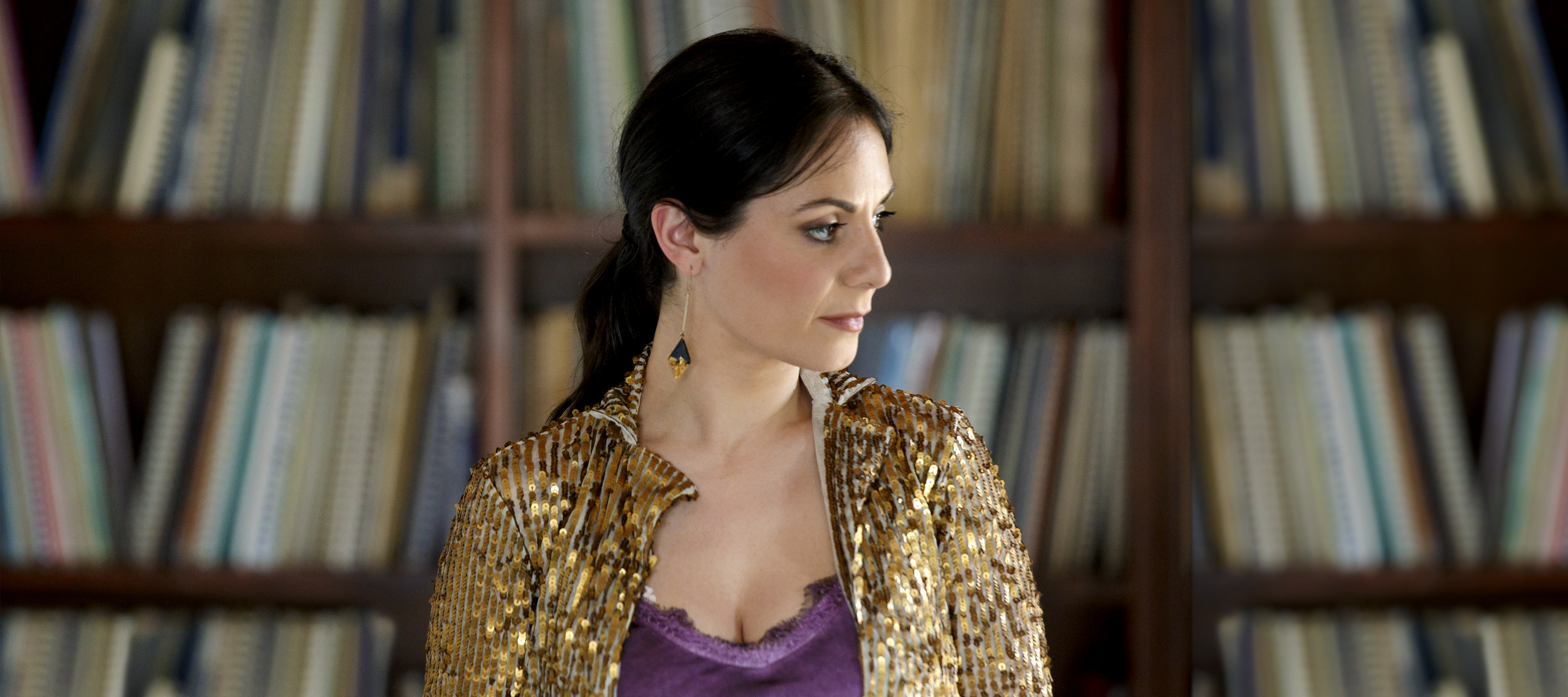KALAMAZOO - The Gilmore's 2010-2011 Rising Stars Recital Series had an extraordinary season launch on Sunday, compliments of Mariangela Vacatello, a spectacular 28-year-old Italian pianist.
Before a packed house at the Wellspring Theatre, she surveyed four modern and contemporary works, in addition to single pieces by Robert Schumann and Frederic Chopin. No matter how varied the selections, Vacatello radiated supreme poise and confidence.
She began with Schumann's fascinating Sonata No. 2 in G Minor, Op. 22 - not a piece for beginners. Vacatello burst into the energized tempos that define its opening, built around a longing melodic motif in the right hand.
A gentle "Andantino" movement provided contrast. Melody prevailed, displaying samples of Schumann's most engaging romanticism. The final two faster movements required rapid, precise hand control, as sonorities tumbled out of the note-saturated score. The resulting excitement was palpable in the audience.
Two contemporary works followed, Ivan Fedele's Three "Etudes Boreales" (1990) and Gyorgy Ligeti's Etude No. 16, "Pour Irina' (1997). But it was Shostakovich's rhythmically hypnotic music that energized the hall, namely two selections - No. 2 in A Minor and No. 15 in D-flat Major - from "24 Preludes and Fugues, Op. 87" (1950-1952).
Vacatello's strong left hand served wonderfully in maintaining fugal effects while the right hand provided very fast unrelenting runs up and down the keyboard. Miraculously, melody projected beautifully, and runs remained cleanly precise.
One can only rarely expect to hear Chopin's "Andante spianato and Grand Polonaise," Op. 22, performed as well as Vacatello's rendition. Using no extraneous motions, Vacatello let loose broken chords in her left hand to ripple like feathers in a breeze, while Chopin's delectable melodies sang from the other hand. Vacatello's amazing technique allowed interior secondary melodies to sing out, as well.
The pianist lent the Polonaise section a supremely magisterial quality. Octave chromatic runs flowed like quicksilver, with even notes no matter how presto the bars. At the dramatic close, Vacatello pulled out all stops as the music swelled. Vacatello established herself as an intuitive talent where Chopin is concerned.
To conclude her superlative recital, Vacatello turned to Igor Stravinsky's trailblazing ballet music "Petrushka." Though originally composed for ballet, over time "Petrushka" was scored by its composer in different formats, one for piano.
"Russian Dance," one section, is recognized worldwide for its "killer" octave chords that announce the key melody as well as the hypnotic rhythmic patterns. Stamina and chord articulation both are needed, and Vacatello met the challenge.
"In Petrushka's Room" emitted an eerie sound, while the final "Shrovetide Fair" brilliantly evoked the tragic end of the puppet clown.Vacatello's was a masterful performance, sure to be long remembered.

